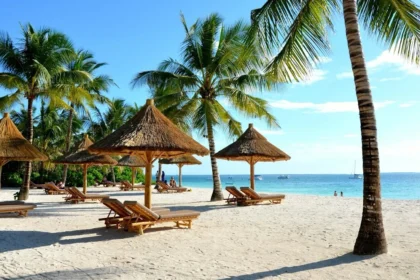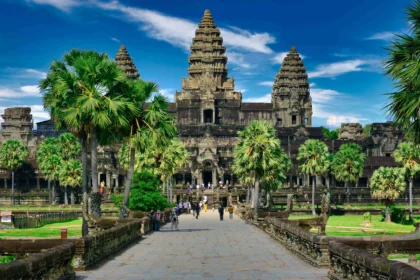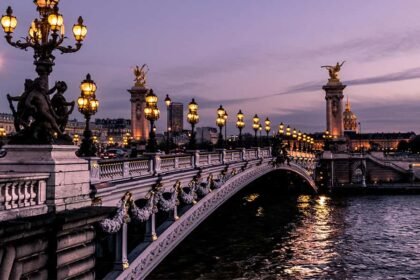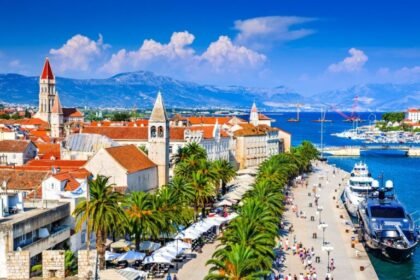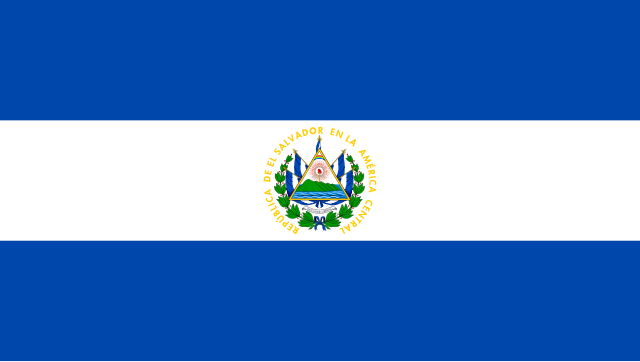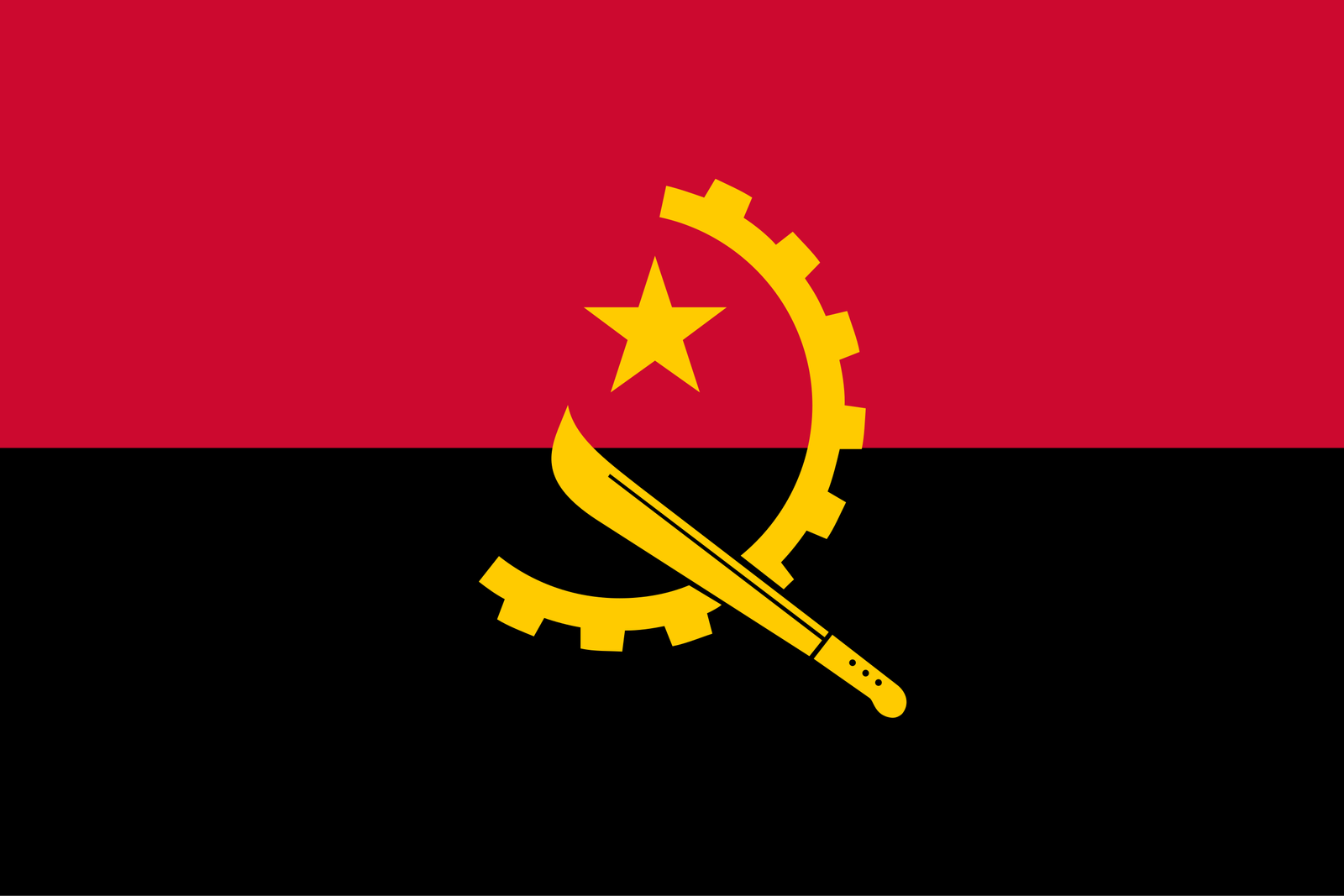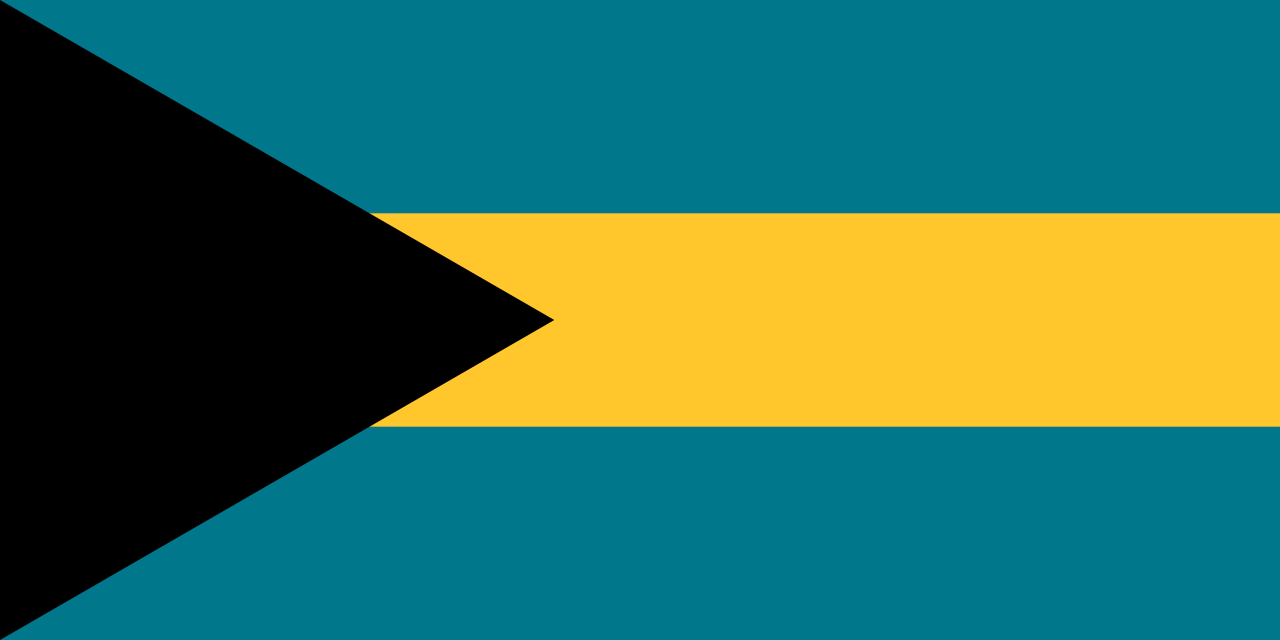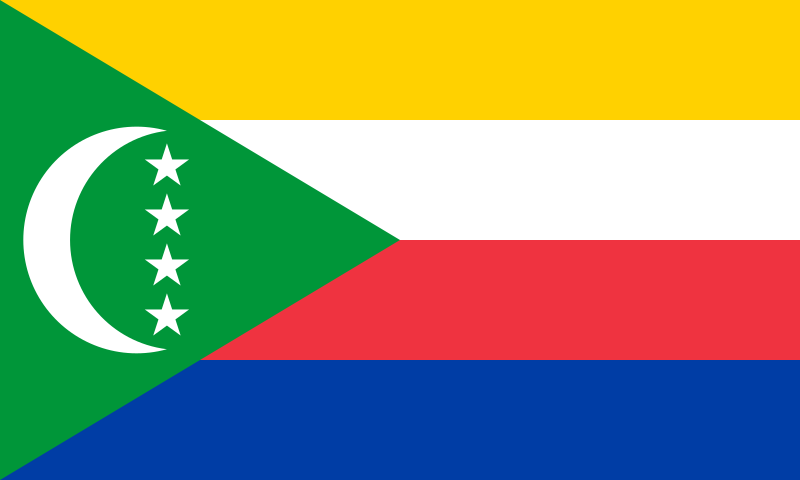
Comoros, an archipelago located off the eastern coast of Africa, is a tropical paradise that remains largely undiscovered by mainstream tourism. Comprising four main islands—Grande Comore, Mohéli, Anjouan, and Mayotte (the latter of which is administered by France)—Comoros is known for its stunning beaches, vibrant marine life, and rich cultural heritage. This article provides an overview of Comoros, covering its history, culture, top destinations, and practical travel tips.
1. A Glimpse into Comoros’s History
Comoros has a rich history shaped by a blend of African, Arab, and French influences.
- Early Settlement and Influence: The islands of Comoros were first settled by Bantu-speaking peoples from the African mainland. Over time, they were influenced by Arab traders who introduced Islam to the region, as well as by Persians and Malays who contributed to the archipelago’s cultural diversity. The blending of these cultures gave rise to a unique Swahili-Arab identity that still characterizes the Comorian people today.
- Colonial Era: The Portuguese were the first Europeans to reach Comoros in the early 16th century, but it was the French who eventually established colonial rule over the islands in the 19th century. Mayotte became a French territory in 1841, and the other islands followed in 1886. The French colonial period significantly impacted the islands, particularly in terms of language, education, and governance.
- Independence and Modern Era: Comoros gained independence from France in 1975, though Mayotte chose to remain a French territory. Since independence, Comoros has experienced political instability, with numerous coups and changes in government. Despite these challenges, Comoros has made efforts to develop its economy and infrastructure, focusing on agriculture, fishing, and tourism.
2. Comoros’s Unique Cultural Heritage
Comoros is a cultural melting pot, with influences from Africa, the Arab world, and France.
- Language: The official languages of Comoros are Comorian (Shikomori), Arabic, and French. Comorian is a Bantu language with Arabic influences, and it is spoken in various dialects across the islands. French is used in government, education, and media, while Arabic is associated with religion and scholarship.
- Religion: Islam is the predominant religion in Comoros, with nearly the entire population adhering to Sunni Islam. The islands are home to numerous mosques, and Islamic customs and traditions play a central role in daily life. Religious festivals, such as Eid al-Fitr and Eid al-Adha, are widely celebrated with communal prayers, feasts, and cultural performances.
- Music and Dance: Music and dance are integral to Comorian culture, often reflecting the islands’ diverse heritage. Twarab music, influenced by Arabic and Swahili sounds, is popular and often performed at weddings and other celebrations. Traditional dances, such as Deba, a women’s dance that accompanies religious chants, showcase the deep spiritual and cultural roots of the Comorian people.
- Cuisine: Comorian cuisine is a flavorful blend of African, Arab, and French culinary traditions. Langouste à la vanille (lobster with vanilla sauce) and Mkatra foutra (a type of fried bread) are popular dishes. The islands are known for their use of spices, particularly vanilla, cloves, and cardamom, which are cultivated locally. Seafood is a staple, with fresh fish, octopus, and crab featuring prominently in many meals.
3. Currency and Practical Information
The official currency of Comoros is the Comorian Franc (KMF). While credit cards are accepted in some hotels and restaurants in the capital, Moroni, cash is the preferred method of payment, especially in rural areas. ATMs are limited, so it’s advisable to carry enough cash for your travels.
4. Best Time to Visit Comoros
Comoros enjoys a tropical climate, with warm temperatures year-round, making it a great destination at any time of the year.
- Dry Season (May to October): The dry season is the best time to visit Comoros, with cooler temperatures and less humidity. This period is ideal for outdoor activities like hiking, snorkeling, and exploring the islands’ natural beauty.
- Wet Season (November to April): The wet season is characterized by higher temperatures and increased rainfall, with occasional cyclones. While the weather can be unpredictable, this season also brings lush landscapes and vibrant flora.
5. Top 5 Destinations in Comoros
Despite its small size, Comoros offers a variety of breathtaking destinations for travelers seeking tranquility and natural beauty.
1. Grande Comore (Ngazidja)
Grande Comore is the largest island in the archipelago and home to the capital city, Moroni. The island’s highlights include Mount Karthala, one of the world’s largest active volcanoes, which offers challenging hikes and panoramic views. Moroni itself is worth exploring, with its winding streets, bustling markets, and the iconic Old Friday Mosque with its carved wooden doors.
2. Mohéli (Mwali)
Mohéli, the smallest of the main islands, is a haven for nature lovers. The island is home to the Mohéli Marine Park, where you can snorkel or dive among coral reefs teeming with marine life, including sea turtles, dolphins, and humpback whales. The island’s untouched beaches and lush forests provide a serene escape from the modern world.
3. Anjouan (Nzwani)
Anjouan, known as the “Pearl of the Comoros,” is famous for its mountainous terrain, waterfalls, and aromatic plantations of ylang-ylang and cloves. The island’s capital, Mutsamudu, features an old medina with narrow alleys, historic mosques, and traditional Swahili architecture. The island’s rugged interior offers opportunities for trekking and exploring remote villages.
4. Mayotte
Although politically part of France, Mayotte is geographically and culturally a part of the Comoros archipelago. The island boasts some of the most beautiful lagoons in the world, perfect for diving and snorkeling. The Lac Dziani, a volcanic crater lake, is a unique natural attraction, offering stunning views and a chance to observe the island’s diverse birdlife.
5. Chomoni Beach
Located on Grande Comore, Chomoni Beach is one of the most picturesque beaches in the archipelago. With its powdery white sand, crystal-clear waters, and backdrop of volcanic rocks, it’s an ideal spot for swimming, sunbathing, and picnicking. The beach is relatively secluded, offering a peaceful retreat for those looking to relax in a pristine environment.
6. Things to Do in Comoros
Comoros may be off the beaten path, but it offers a range of activities that cater to adventurous and laid-back travelers alike.
- Hiking Mount Karthala: For the adventurous, a hike up Mount Karthala, an active volcano on Grande Comore, is a must. The trek takes you through diverse landscapes, from dense forests to barren lava fields, with the reward of spectacular views from the summit.
- Snorkeling and Diving: The waters around Comoros are rich in marine biodiversity. The Mohéli Marine Park is particularly renowned for its excellent snorkeling and diving opportunities, where you can encounter coral reefs, sea turtles, and even whales.
- Exploring Local Markets: The markets in Moroni and Mutsamudu offer a glimpse into everyday life in Comoros. Here, you can browse stalls selling fresh produce, spices, handicrafts, and traditional garments.
- Visiting Historical Sites: Comoros is dotted with historical sites that reflect its diverse cultural heritage. The Old Friday Mosque in Moroni, the Sultan’s Palace in Mutsamudu, and various colonial-era buildings provide insights into the islands’ past.
- Relaxing on Beaches: With its many secluded beaches, Comoros is the perfect place to unwind. Whether it’s the tranquil shores of Chomoni Beach or the remote sands of Mohéli, there’s no shortage of spots to relax and enjoy the natural beauty.
7. Practical Tips for Travelers
- Visas: Most travelers need a visa to enter Comoros, which can usually be obtained on arrival at the airport or at a Comorian embassy.
- Transportation: Inter-island travel is possible via small planes or boats, though schedules can be irregular. Taxis are available in cities, but it’s also common to hire a driver for longer journeys.
- Health and Safety: It’s advisable to have travel insurance and take precautions against mosquito-borne diseases, such as malaria. Bottled water is recommended, as tap water is not always safe to drink.
8. Why Comoros Should Be on Your Travel List
Comoros offers an unparalleled blend of natural beauty, cultural richness, and tranquility. Whether you’re exploring the volcanic landscapes of Grande Comore, diving in the pristine waters of Mohéli, or soaking in the cultural ambiance of Anjouan, Comoros promises a travel experience that is both unique and rewarding. Its unspoiled nature and warm hospitality make it an ideal destination for those seeking an off-the-beaten-path adventure.

